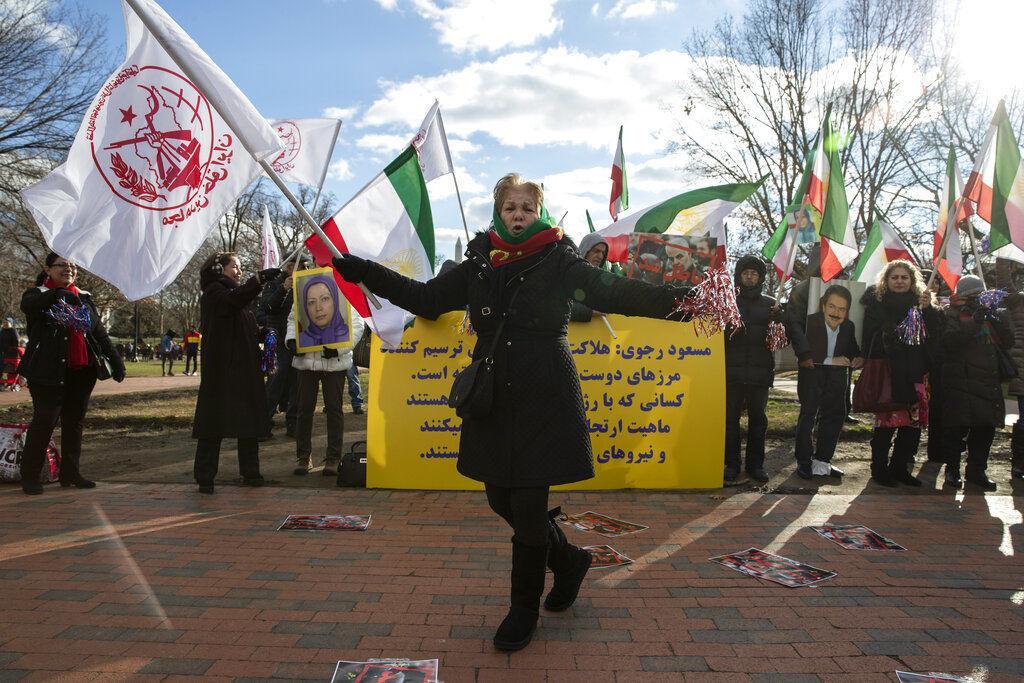After Iranian Major General Qassim Suleimani’s assassination on Jan. 3, American newspapers from all sides of the political spectrum were quick to defend the killing of a “#1 predator.” A New York Times opinion piece called Suleimani’s killing “justified, legal and strategically sound.”
An opinion piece in the more conservative Washington Post lauded the assassination of Suleimani for “draw[ing] a clear red line, warning Iranian leaders they would pay a severe price if they killed a U.S. citizen.” Amazingly, despite these columnists’ celebration of Suleimani’s death, few, if any, major news publications had ever mentioned the Iranian general prior to his death.
While Suleimani was far from being a faultless individual, his actions as the military leader of Iran did not mean he deserved to be suddenly murdered by the American government. Diplomacy exists to prevent brutish displays of power that lead to civilian deaths. The assassination was irresponsible and did nothing but inflame already tenuous tensions, not save the Middle East from an international threat.
Unfortunately, this is not the first time in recent history that the American media has been complicit in advancing aggressive international actions made by the U.S. government.
In 2003, the media largely defended the Bush administration’s flimsy evidence of the production of weapons of mass destruction in Iraq to justify the Iraq War, a conflict that cost 1.06 trillion dollars, the deaths of 4,488 American troops and, for many young Americans, trust in our political institutions.
A more skeptical media would have resisted the pull of war in the post-9/11 era, questioned the veracity of Bush’s claims and possibly prevented the carnage that continues to ravage large swathes of Iraq, Pakistan, Afghanistan and Syria.
In Suleimani’s case, the media’s immediate rush to portray him as a bloodthirsty warmonger is suspicious considering how infrequently he had been mentioned in the press before. A simple search into the Twitter history of conservative pundits like Ann Coulter and Ben Shapiro, who applauded Suleimani’s death, reveals that, prior to Jan. 3, neither had ever tweeted his name.
Painting the media with such a broad pro-war stroke is somewhat unfair given the many journalists who have denounced the Trump administration’s move against Iran. However, it is hard for me to watch any celebration of Suleimani’s death when I know that the people who will suffer most in the long run will not be the politicians who decided to kill Suleimani, but innocent Iraqi and Iranian civilians, over 182,000 of whom have already died since fighting in Iraq first began in 2003.
For the time being, it seems that the fears of a “World War III” trending on Twitter in the wake of Suleimani’s death may have been exaggerated. This is a relief, but, given Suleimani’s popularity in Iran, anti-American sentiments will undeniably grow in the weeks to come. I hope our government’s response to future problems with Iran will be more mindful of diplomatic convention and the welfare of the Iranian public.
Cécile Girard is a 19-year-old psychology major from Lake Charles, Louisiana.





